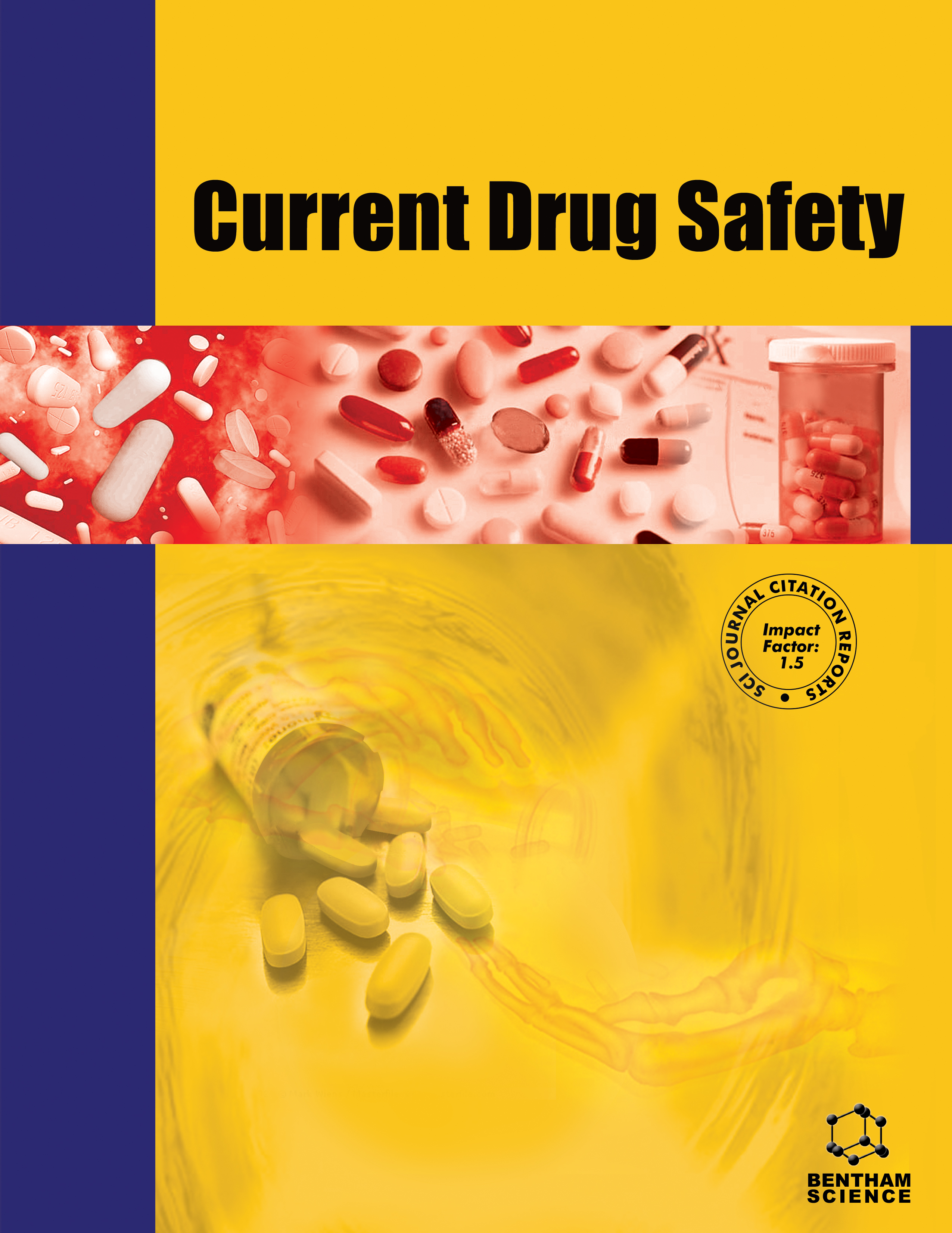
Full text loading...
Most studies have focused on the impact of medication reconciliation on one of the points of hospital admission or discharge. In this study, we aimed to investigate the impact of medication reconciliation on medication safety in patients hospitalized with acute decompensated heart failure at both admission and discharge.
This was a prospective, single-center, cohort study conducted in a tertiary care cardiovascular hospital from December 2022 to May 2023 on patients hospitalized with acute decompensated heart failure. Patients were considered eligible if they were taking at least five chronic medications prior to hospital admission. Medication reconciliation was carried out for the study patients by a clinical pharmacy team both at admission and discharge. Additionally, the study patients also received comprehensive discharge counseling as well as post-discharge follow-up and monitoring.
Medication reconciliation was applied for 129 patients at admission and 118 at discharge. The mean time needed for medication reconciliation presses was 32 min per patient at admission and 22 min at discharge. Unintentional medication discrepancies were relatively common at both admission and discharge, but compared to admission, discrepancies were less frequent at discharge (178 versus 72). Based on the consensus review, about 30% of identified errors detected at both admission and discharge were judged to have the potential to cause moderate to severe harm to the patient. Most of the clinical pharmacists’ recommendations on unintended discrepancies were accepted by physicians and resulted in changes in medication orders (more than 80%). Further, the majority of the participants were ‘very satisfied’ or ‘satisfied’ with the clinical pharmacy services provided to them during hospitalization and after hospital discharge (89.90%).
Our results demonstrated the vulnerability of heart failure patients to medication discrepancies at both admission and discharge. Thus, implementing a comprehensive medication reconciliation by clinical pharmacists could be beneficial for enhancing medication safety in these patients.

Article metrics loading...

Full text loading...
References


Data & Media loading...

